digital diplomacy
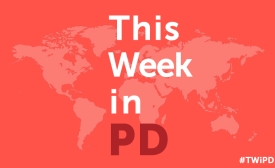
This Week in PD, we share international news on humanitarian diplomacy, soft power, city diplomacy and more.

The Embassy of Denmark in Spain offers a new series on the role of technology in diplomatic relations.
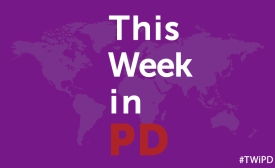
This Week in PD, we share international news on cultural diplomacy, citizen diplomacy and digital diplomacy and more.
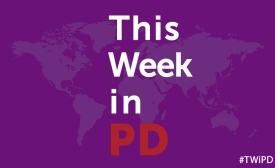
This Week in PD, we share international news on development diplomacy, cultural diplomacy, nation branding and more.
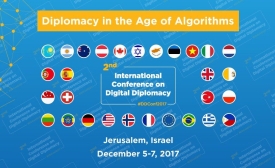
The Israeli Ministry of Foreign Affairs' second annual conference runs from December 5-7.
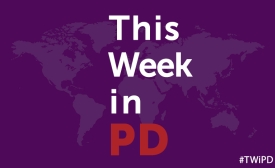
This Week in PD, we share international news on cultural diplomacy, digital diplomacy, film diplomacy and more.
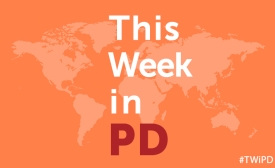
This Week in PD, we share international news on cultural diplomacy, science diplomacy, aid diplomacy and more.
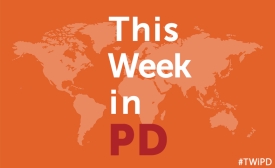
This Week in PD, we share international news on soft power, exchange diplomacy, development diplomacy and more.







